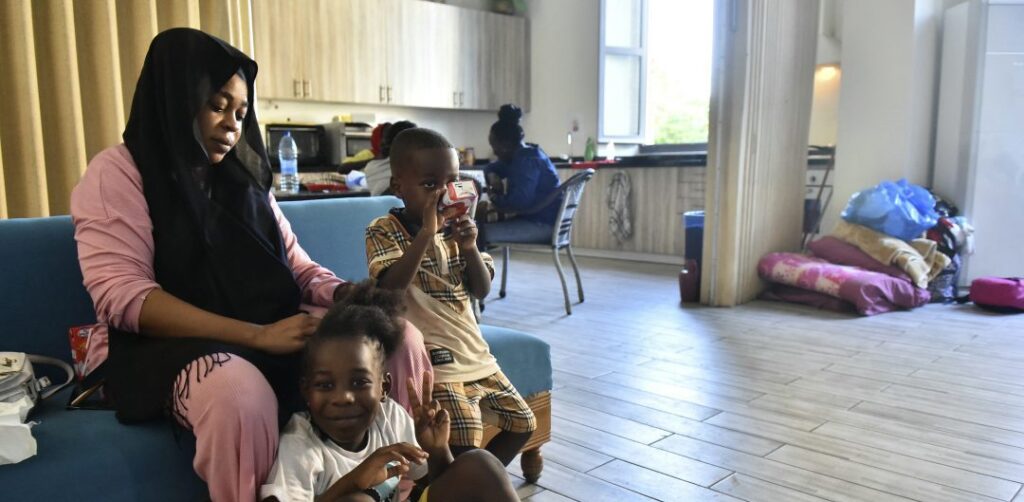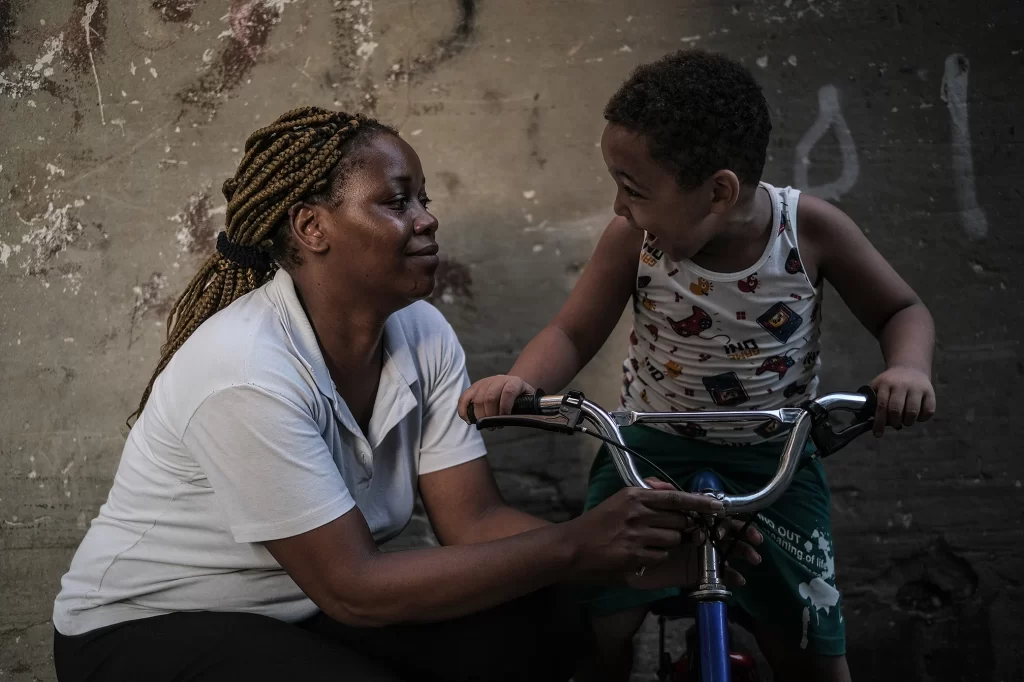The United Nations reported Friday that some migrant domestic workers in Lebanon have been abandoned or locked in homes as their employers flee Israeli airstrikes, exacerbating the vulnerabilities of an already precarious workforce.

Mathieu Luciano, head of the International Organization for Migration (IOM) in Lebanon, said, “We are receiving increasing reports of migrant domestic workers being abandoned by their Lebanese employers, either left on the streets or in their homes as their employers flee.”
Lebanon hosts approximately 170,000 migrant workers, predominantly women from countries including Ethiopia, Kenya, Sri Lanka, Sudan, Bangladesh, and the Philippines. Many work under the kafala sponsorship system, which ties their legal status to their employers.
“The kafala system has long been criticized for enabling abuse,” said Dr. Amal Hassan, a labor rights expert at the American University of Beirut. “This crisis is exposing its deep-rooted flaws.”
Luciano highlighted that migrant workers face limited shelter options when abandoned, with many reluctant to seek humanitarian assistance due to undocumented status. The IOM is receiving increased requests for repatriation but lacks funding to meet the demand.

The conflict has killed over 1,000 people in Lebanon since September 23, according to the Lebanese health ministry, and displaced hundreds of thousands in a country already struggling with economic crisis.
Luciano emphasized the mental health toll on migrant workers, many of whom cannot speak Arabic and fear arrest or deportation if they seek help. Some workers have reportedly been locked in homes to “keep house” while employers seek safety elsewhere.
As the situation deteriorates, international rights groups are calling for urgent action to protect migrant workers caught in the crossfire of regional tensions.
“This crisis underscores the need for comprehensive reform of migrant labor laws in Lebanon,” said Sarah Leah Whitson, executive director of Democracy for the Arab World Now. “The international community must step in to ensure these vulnerable workers are not left behind.”
The IOM is seeking additional funding to assist with repatriation efforts, as many countries have requested help evacuating their citizens from Lebanon. As the conflict continues, the plight of migrant workers remains a growing humanitarian concern amidst the broader regional instability.


